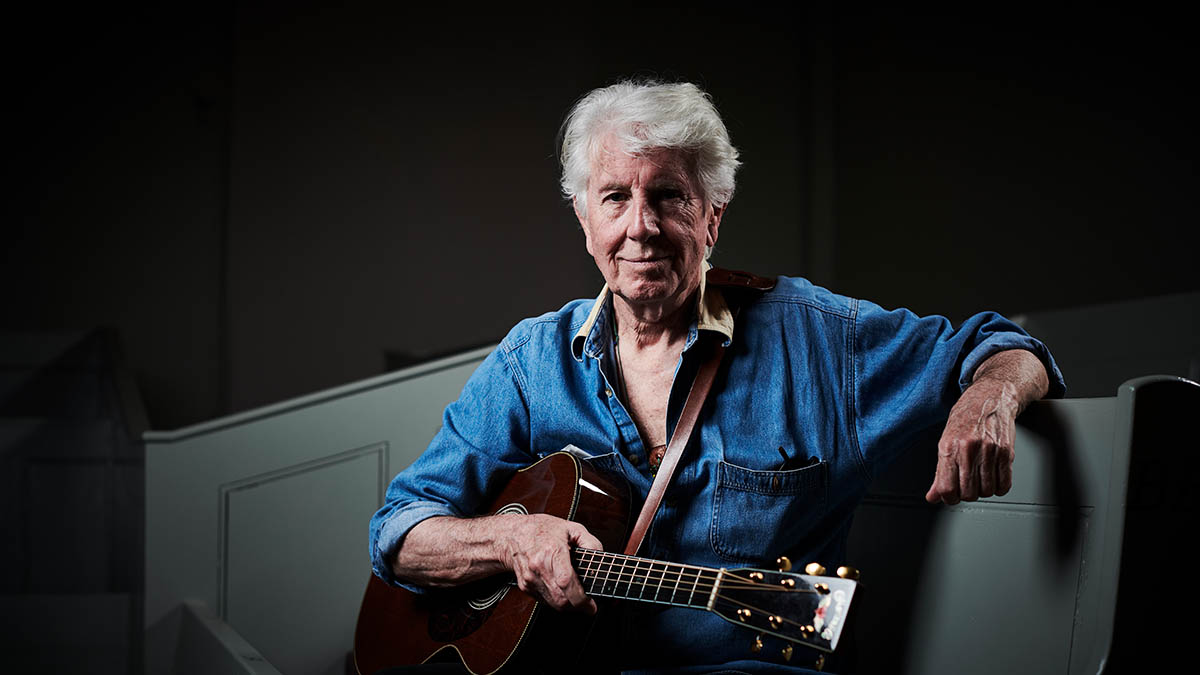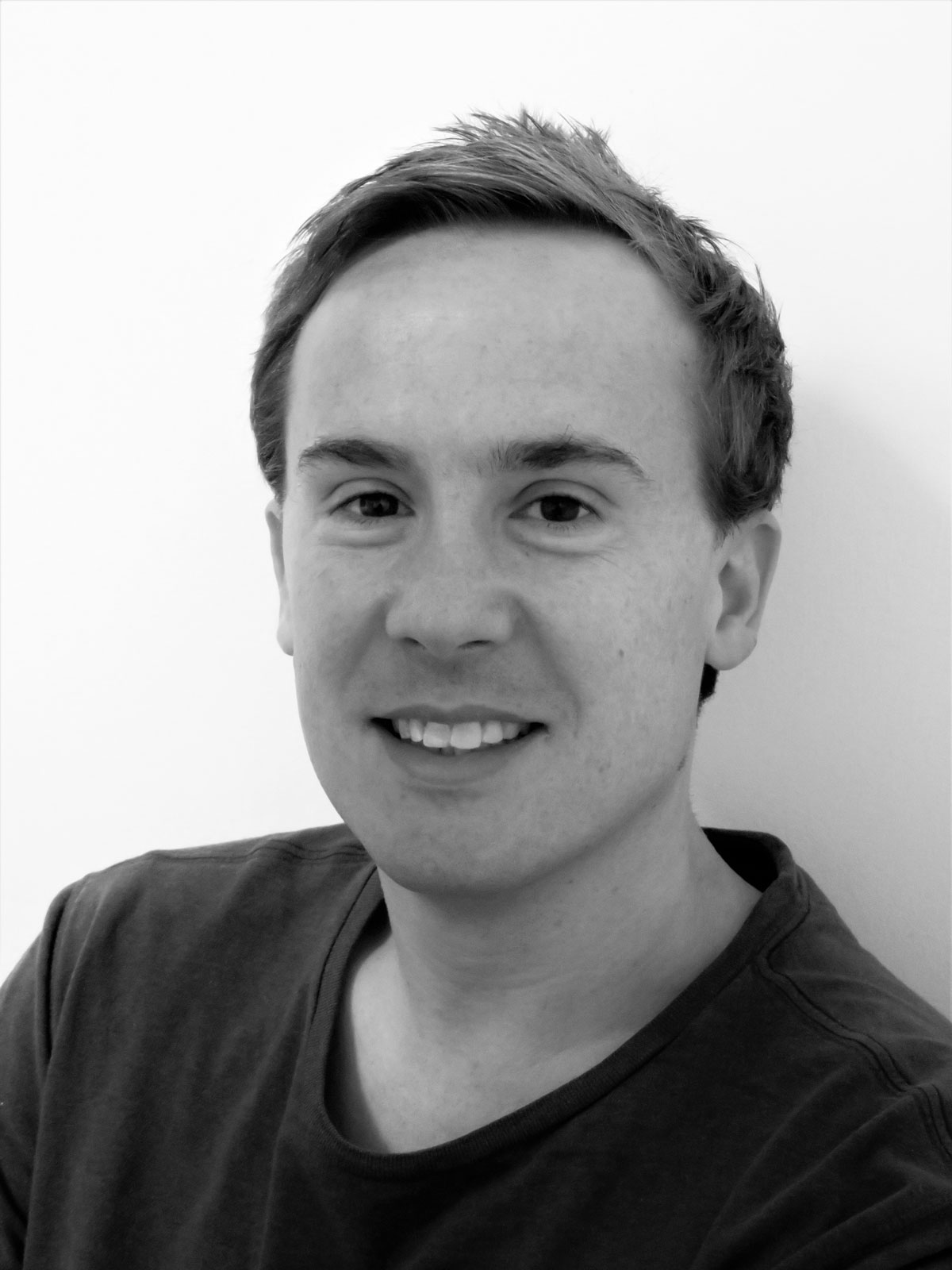Graham Nash: “The acoustic guitar touches the heart faster. It’s much more human and personal than electric guitar”
As the Crosby, Stills, Nash & Young legend releases the “most personal record” of his half-century career, he tells us about speaking truth to power, selling his Woodstock Martin D-45, and making up with David Crosby

If you had lasted until three in the morning at the fabled Woodstock festival of August 1969, you’d have witnessed the performance that caught the peace and love era in a bottle. The newly formed folk-rock supergroup Crosby, Stills, Nash & Young took the stage cautiously, with Stephen Stills memorably informing the crowd: “This is the second time we’ve ever played in front of people, man… We’re scared shitless!”
But for Graham Nash, looking out on that sea of humanity, there was a sudden sense that anything was possible. “Woodstock was a coming of age, a flowering of a generation of kids who decided they could take responsibility for their own lives and affect their destiny,” the songwriter later told Rolling Stone. “There was a certain glow about the 60s, a certain naiveté and exploration, an excitement for the future…”
As we know, it didn’t quite work out that way. But while CSNY is surely finished now – David Crosby having left us in January – Nash is still questing at the age of 81, releasing a new studio album, Now, that speaks out against crooked politicians and urges listeners to leave a better world behind them.
Are you pleased with Now?
“I wouldn’t be releasing it otherwise. I wouldn’t waste your time. I wouldn’t make an album that has one great track and nine other miserable tracks. No, I love this record. I’ve said that it is my most personal record. It’s exactly how I feel, right now. I’m 81 years old and if I can’t be honest now – I’m fucked!”
The story goes that your love affair with the guitar began with a £10 acoustic…
“Sure did. It was a Levin. I had a friend who rode his bike from Manchester to Germany and met Elvis when he was in the army. So I wanted a bicycle. My mother and father couldn’t afford one. So my second choice – even though I couldn’t play then – was a guitar. They bought me this cheap acoustic and that’s what started me off.
Get The Pick Newsletter
All the latest guitar news, interviews, lessons, reviews, deals and more, direct to your inbox!
“Guitar players were the ones attracting all the women at the parties. I’m being serious! If you were just standing there, so what? But if you picked up a guitar and could play three chords – like most of Buddy Holly’s songs – all of a sudden the girls were much more interested.”
Didn’t Buddy’s Stratocaster lead you towards electric guitars?
“Well, I did go for a Stratocaster, of course. And I still have them. I have a lot of electric guitars. But my favourite is an acoustic.”
Who were the formative acoustic guitar players for you?
“Basically, The Everly Brothers. We met them several times and I asked Don to show me the opening of Bye Bye Love. Such a beautiful rhythm part.”
All through your career as a musician, you’ve always had a strong work ethic. Do you put that down to your upbringing?
“Shit, yeah. Don’t forget, there was nothing to do for 15-year-old kids after World War II except kick a ball around, or a tin can. Then skiffle came from Lonnie Donegan. All of a sudden, 15-year-old kids knew what to do: ‘I can play three chords. Shit, that means I can play all the skiffle songs.’ And that’s what Allan Clarke [singer of Nash’s first band, The Hollies] and I did. We’d go into clubs and sing skiffle songs – until we started to write our own stuff.”
We couldn’t physically just reach over and bring the snare drum up – until we’d sold millions of records. Once you’ve done that, you have the power
Was there magic in the air when you first went in the studio with The Hollies?
“Oh yes, always. When we started making records and you wanted the snare to be a little louder, I’d have to tell Ron Richards [producer] and he would tell the engineer. And they were all in their white overalls because that’s what Abbey Road was like then. We couldn’t physically just reach over and bring the snare drum up – until we’d sold millions of records. Once you’ve done that, you have the power, so if you got a little ballsier, they didn’t mind it.”
CSN formed in 1968 and immediately started writing socially charged songs…
“We always tried to tell the truth, to talk about things that maybe people shouldn’t be talking about. We found that we needed to raise our voice. And in America and the UK, you can speak your mind. I’m not so sure whether China or Russia would have invited Crosby, Stills, Nash & Young to play there because we were entirely the opposite of what they were trying to do in terms of their control of people.”
Why do you think the acoustic guitar is such a powerful tool for protest songs?
“I think it touches the heart faster. I find it more comforting than electric guitar, too. It’s much more human and personal.”
You’ve always been quite self-deprecating about your playing…
“I can play but very simply. Don’t forget, I spent 40 years standing in the middle of Stephen Stills and Neil Young playing guitar to each other, at an incredible volume. But I loved it to death. I could never play like that. I can play enough to write and record my songs. But I’m not a great musician.”
Do you have favourite guitar parts from the old days?
“I mean, on that first Crosby, Stills & Nash record, I had Marrakesh Express, and particularly Lady Of The Island was an interesting tuning [written in FFCGAC but performed in E E B F# G# B]. It’s one that I learnt from Joni.”
Do you regret auctioning the 1969 Martin D-45 you played at Woodstock?
“No, I don’t. When you have a lot of guitars, it’s like, ‘This guitar was played on this show, this guitar was played on that show.’ So what, you know? So, no, I don’t miss it. I think somebody got a bargain. I think they only paid $30,000 for it [the instrument actually went for $162,500 in 2019]. That’s a lot of money, of course, I understand that. But my Duane Allman SG that I also sold, that went for over half a million dollars.”
Chris Martin maintains that we really put some juice in the Martin Guitar company
These days, you mostly play your 000-40Q2GN Graham Nash Signature Edition and use Fishman Infinity pickups or a Telefunken tube mic. What makes that Martin such a great recording guitar for you?
“I don’t know, but it sounds great live and in the studio. So why would I use anything else? It’s all quilted mahogany. I have a lot of guitars that are fine, but there’s something about a guitar that was made for you, particularly from a guitar company that I totally love.
“When I speak to Chris Martin – who’s the great-great-great-grandson of Mr Martin – he says that at early CSNY shows, the curtains would open and there’d be 20 Martin guitars on stands because there were so many different tunings, especially in Crosby’s case. And Chris Martin maintains that we really put some juice in the Martin Guitar company.”

Did you rate David Crosby as a rhythm player?
“I’ll tell you this. I’ve spent two or three years of my life doing the boxsets for CSNY and if it hadn’t been for Crosby’s rhythm guitar on almost every track, the groove wouldn’t be there.”
What is it about smaller-bodied acoustics that calls to you?
“The others are too big for me. I like sitting in a room and playing the guitar, but normally it’s a smaller‑bodied one. It’s just personal preference.”
David told us he would get an acoustic down from the wall each night and just play for hours and hours. Can you relate to that?
“I can. He may have overstated the ‘hours and hours’ bit. Crosby never spent hours and hours on anything. But he was an incredible rhythm guitar player, as I said.”

Do you think you write differently on acoustic?
“I do, and particularly late at night. Very often, I have to wait until everyone’s asleep before I can concentrate on writing music. And I think when you play with an acoustic and you’re waiting for people to go to sleep, you know, I’m not writing giant rock songs. I don’t plug my amp in and just drown the room with sound – because people are sleeping. So a lot of my songs on acoustic guitar are a little slower, more romantic. I would say the bulk of my songs have started on acoustic. At least 70 per cent.”
A lot of my songs on acoustic guitar are a little slower, more romantic
You paid a beautiful tribute to David in January. Were you two on good terms at the end?
“Yes. And I was very grateful for that. We were emailing each other and voice mailing. He wanted to apologise for shooting his mouth off when he shouldn’t have done – particularly with Neil. And I was very thankful for that. Because it made his death just a little easier for me to accept.
“It’s been kind of like an earthquake. When it first strikes, you don’t quite know what’s going on. And then these aftershocks keep coming. I keep seeing his face. I’m online and I’m checking the world news and very often his face comes up and I go, ‘Fuck, he really is dead.’ It’s not very nice.”
What’s the first chord you play when you pick up an acoustic?
“G is one. D is always great. I love D minor. I remember a story somebody told me, that John Lennon and Paul McCartney caught a bus in Liverpool, went to a man’s house, knocked on the door and said, ‘Are you the guy that can play B7?’ He said, ‘Yes, I am.’ And they said, ‘Would you show it to us?’ And that’s John and fucking Paul! Oh man, it’s a very different world now.”
- Now is available now via BMG.
Henry Yates is a freelance journalist who has written about music for titles including The Guardian, Telegraph, NME, Classic Rock, Guitarist, Total Guitar and Metal Hammer. He is the author of Walter Trout's official biography, Rescued From Reality, a talking head on Times Radio and an interviewer who has spoken to Brian May, Jimmy Page, Ozzy Osbourne, Ronnie Wood, Dave Grohl and many more. As a guitarist with three decades' experience, he mostly plays a Fender Telecaster and Gibson Les Paul.
“Among the most sought-after of all rhythm guitars… a power and projection unsurpassed by any other archtop”: Stromberg has made a long-awaited comeback, and we got our hands on its new Master 400 – a holy grail archtop with a price to match
“It combines unique aesthetics with modern playability and impressive tone, creating a Firebird unlike any I’ve had the pleasure of playing before”: Gibson Firebird Platypus review











